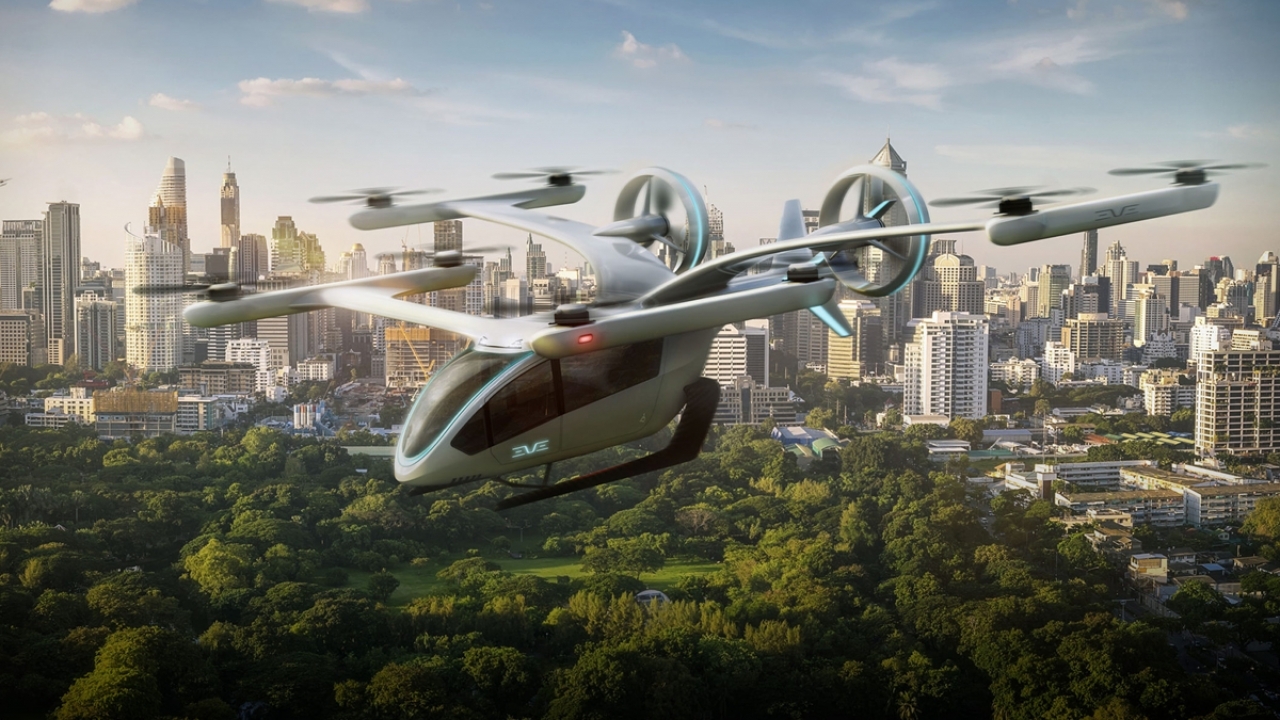Nigeria zones in on drone regulation
Although the International Civil Aviation Organization (ICAO) targets 2018 to publish standards and recommended practices (SARPs) for the certification and operations of drones, interest in their civil and military use in Nigeria has continued to increase. Chukwu Emeke reports.

The level of interest in unmanned aerial vehicles (UAV)/remotely piloted aircraft (RPA) gained prominence when, in December 2013, Nigeria’s then president, Goodluck Jonathan, unveiled the country’s first indigenous UAV, codenamed GULMA.
It was designed and constructed by the Nigerian Air Force (NAF) at the base in Kaduna.
Speaking during the unveiling ceremony, he congratulated the air force, saying that the achievement marked a turning point in indigenous technological development in Nigeria. He urged the private sector to key into the NAF breakthrough in order to achieve a high level of mass production and the highest and best commercial use of the prototype UAV.
The need for UAVs has increased for Nigeria at a time the nation is diversifying its economy. Drones can be deployed for disaster management, power line survey, telecommunication, weather monitoring, news coverage, oil and gas exploration, aerial imaging and mapping.
“The development of the use of RPA nationwide has emerged with somewhat predictable safety concerns and security threats. Therefore, with the preponderance of these operations, particularly in non-segregated airspace, there has to be proactive safety guidelines,” said Nigerian Civil Aviation Authority (NCAA) spokesman Sam Adurogboye.
He revealed that, by early 2016, some RPA/UAVs had been deployed for commercial and recreational purposes in the country without adequate security clearance, stating that the NCAA had put in place a regulating advisory circular to guide the certification and operations of civil RPA in its airspace.
“No government agency, organisation or individual will launch an RPA/UAV in the Nigerian airspace for any purpose whatsoever without obtaining a requisite permit from the NCAA and the office of the national security adviser (ONSA),” he said.
“In addition, operators must ensure strict compliance with the condition stipulated in their permits and the requirements of Nigeria civil aviation regulations (NCARs).”
Adurogboye added that violators would be sanctioned according to the dictates of NCARs.
Engineer Ifeanyi Ogochukwu, of the safety directorate of the Nigerian Airspace Management Agency (NAMA), said the regulation of drone operations in the country had become an emergency because of the security threat capabilities of the technology.
Another expression of the government’s commitment to UAV regulation occurred on November 21, 2016 when ONSA, in collaboration with the NCAA, held a one-day stakeholder meeting to articulate the use of UAV/RPA in Nigerian airspace.
Discussions centred on safety implications, risk assessment, oversight, regulations and certification.
NCAA director general, Captain Muhtar Usman, recently took steps to establish an RPA/drones safety team, which will help to develop recommendations to assist his organisation in creating an RPAS registration system in the shortest possible time. This would also help connect an RPAS with its operators in cases where people were not following the rules.
The RPAS advisory committee, to be overseen by NCAA’s Directorate of General Aviation, is also to help prioritise RPA integration activities, including development of future regulations and policies.
The first regulation for routine RPA use took effect in 2015. According to the NCAA, a new regulation that will put a limit of 25kg as the allowable weight limitation for civil drones in the country will be made public by 2017, providing an important regulatory foundation for allowing additional weight categories in future, to be followed by proposed rule on RPA operations over populated areas.
The announcement by the United States military, in September 2016, for plans to build a $100 million drone base near Nigeria, particularly in Agadez, central Niger, to help the west African country combat militant groups and protect its borders, could be an added emphasis on the importance of strengthening UAV regulation in Nigeria.
Stay up to date
Subscribe to the free Times Aerospace newsletter and receive the latest content every week. We'll never share your email address.

